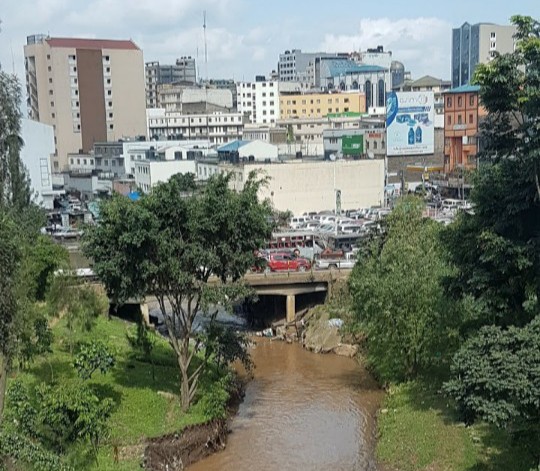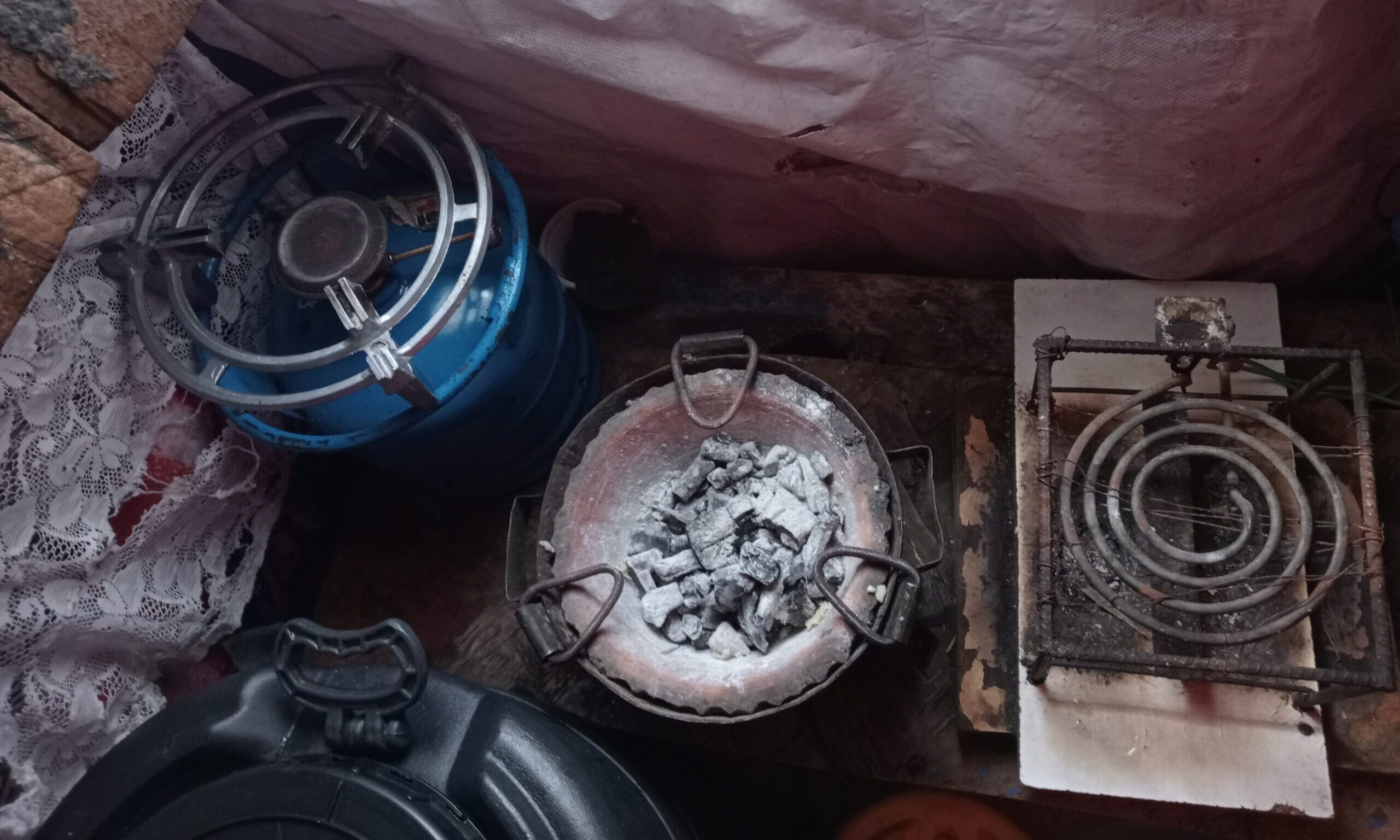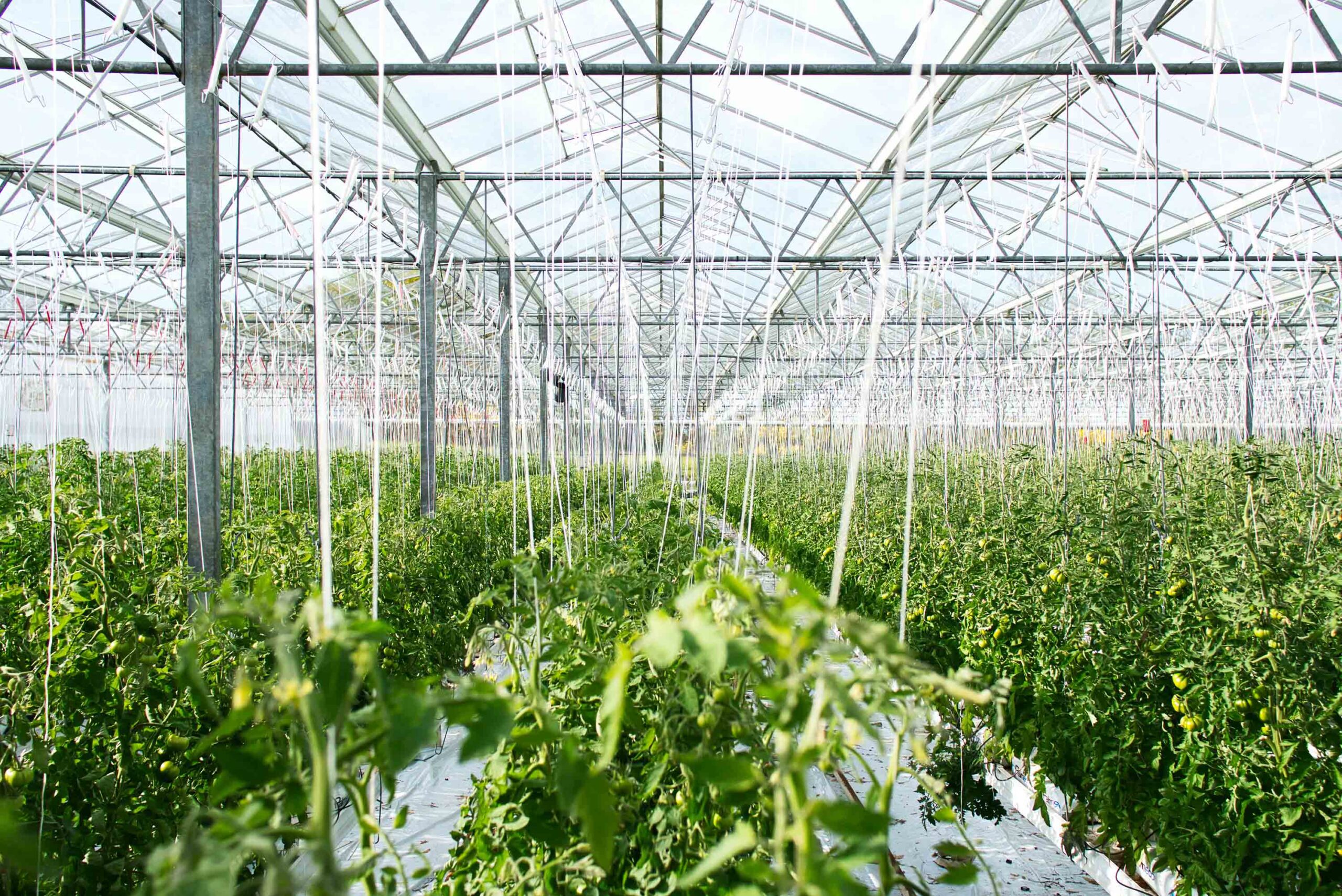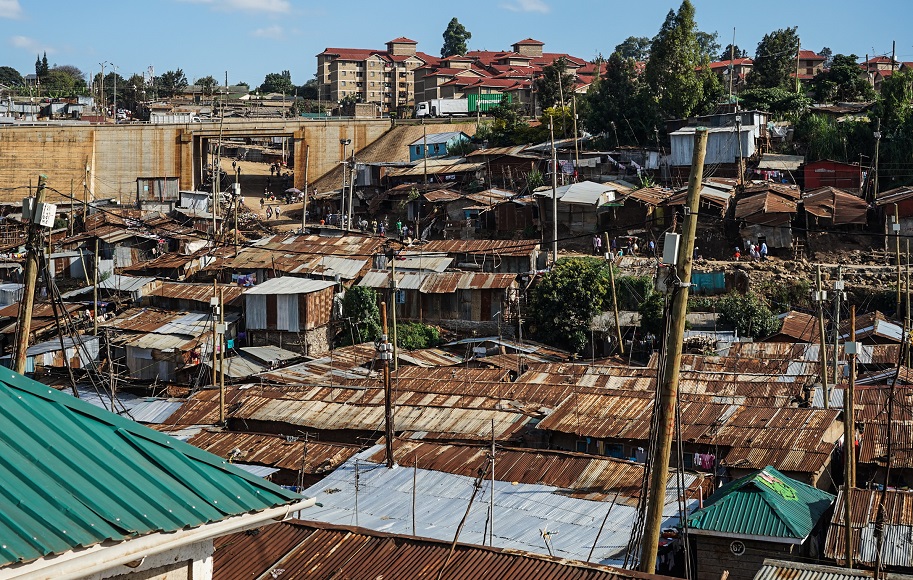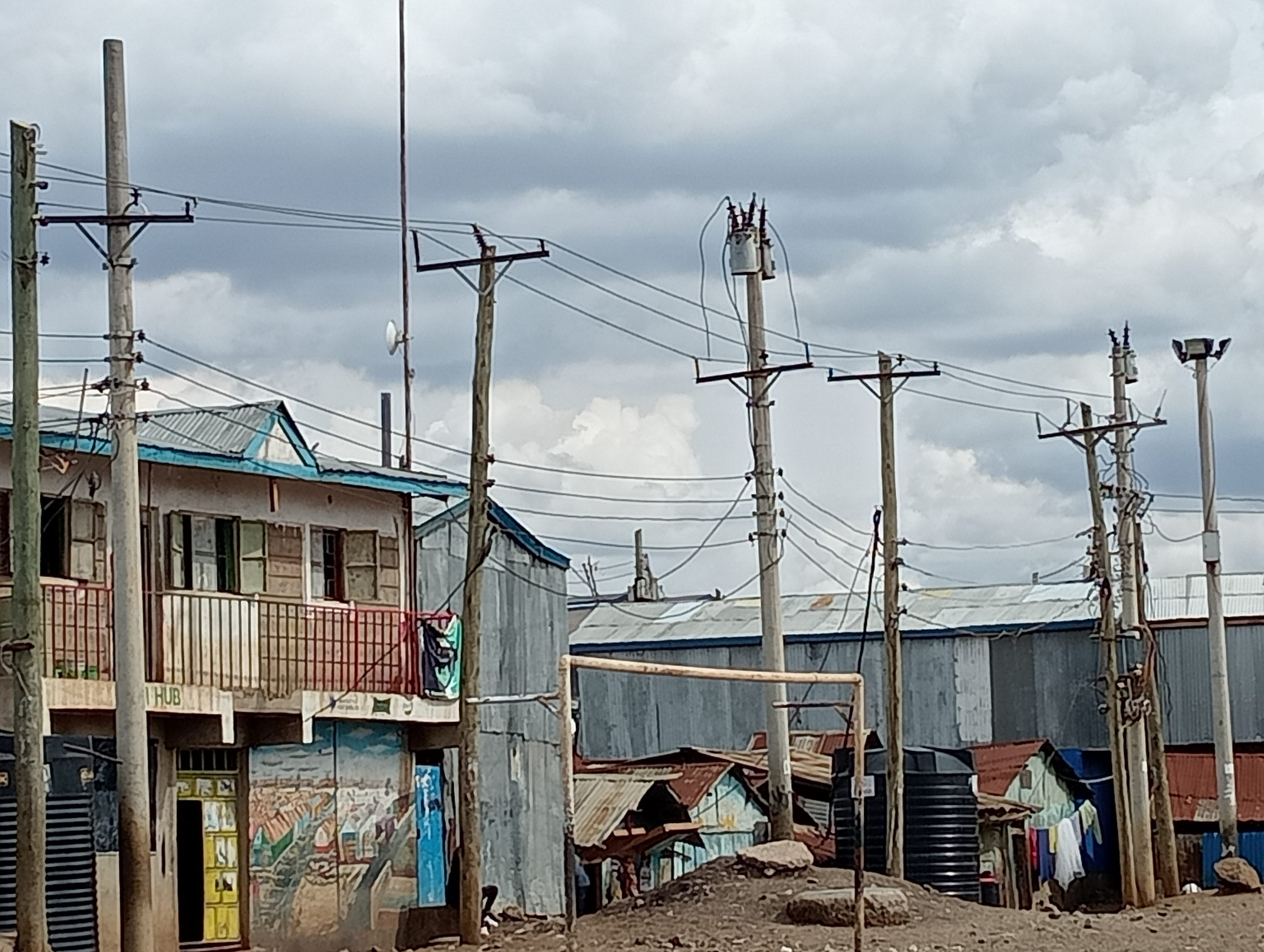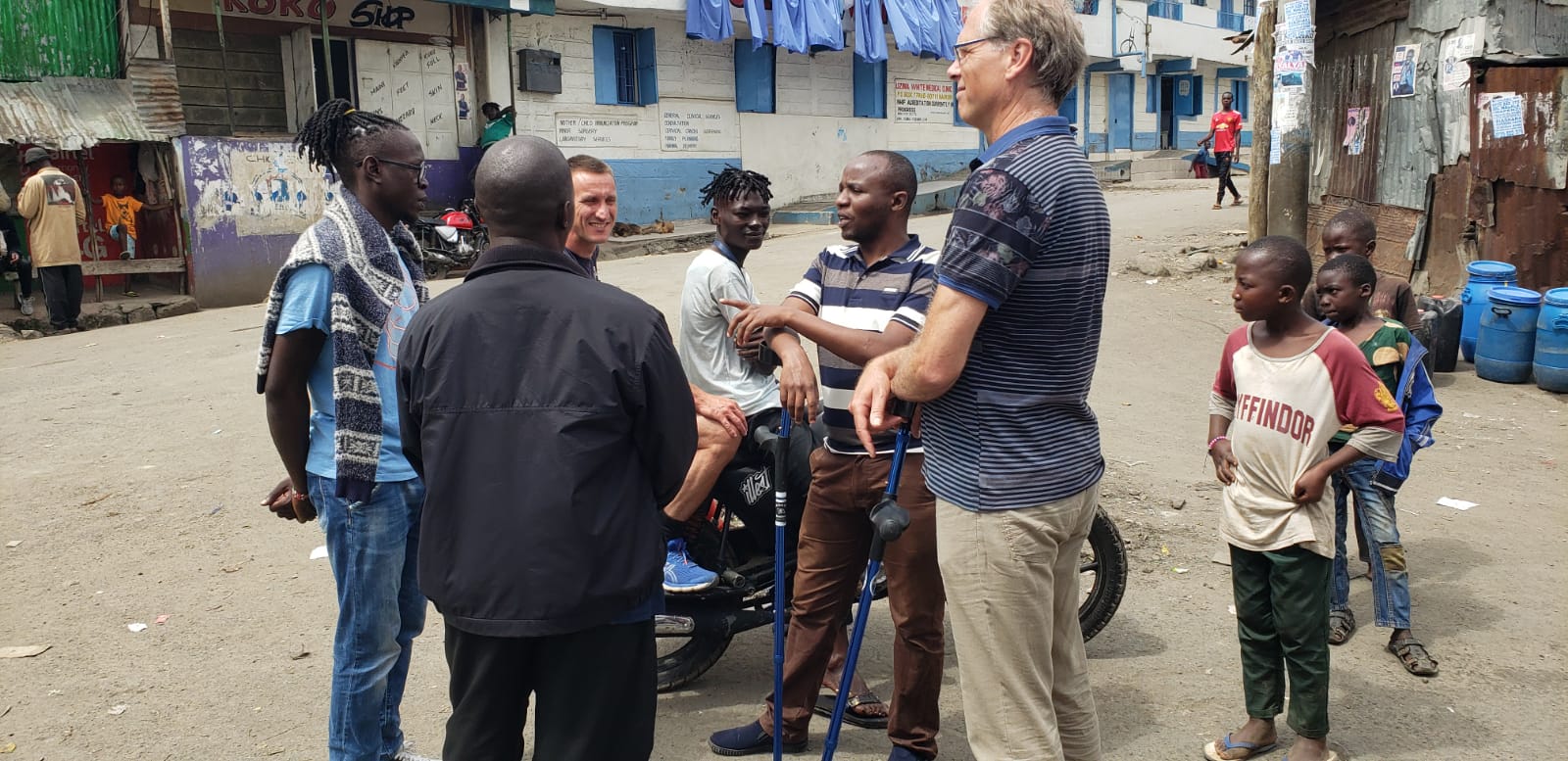project details
Frugal Innovation Histories
Research Area
Project Status
Completed
Start Date
Feb, 2020
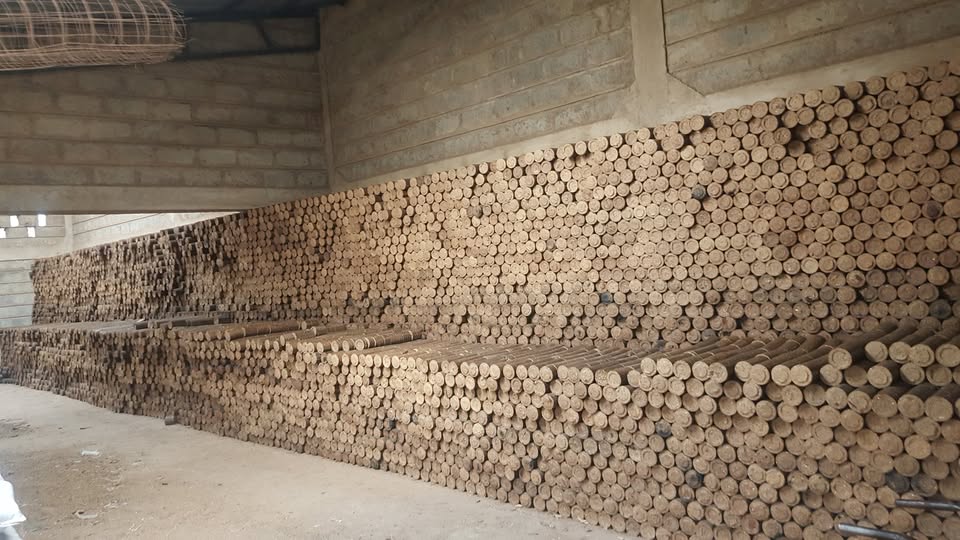
Project Overview
The Frugal Innovation Histories project is a first step towards developing a series of in-depth case studies of bottom-up frugal innovation in developing contexts. These could be products, technologies, processes, business models or services that have an element of frugality, and potentially, inclusiveness and sustainability.
This is a project under ICFI Kenya Hub. More information, visit https://www.icfi.nl/frugal-innovation-histories
Objectives of the Project
This is a broadly scoped empirical study to understand how new ‘frugal’ innovations are developed bottom-up, and how frugality drives the product development process and the market creation process. It would also evaluate the role of frugality in legitimizing the innovation at household and community/societal level, i.e., in its (micro)ecosystem.
Thus, the focus would be on collecting micro-level data of all relevant aspects of the innovation: its characteristics/features, the inventor/innovator, the context in which it is developed and used, innovation processes, different actors involved in the development, financing, commercialisation and use of the product, and the impacts at household and societal level.
The project is building a database of in-depth product histories and innovation diaries.
Given the broad scope of the study, theoretical insights from different disciplines and research streams related to innovation processes, creativity, entrepreneurship, institutions, ecology, etc., are useful in structuring methodological approaches used to collect and analyse data, and eventually, develop contributions to the frugal innovation literature.
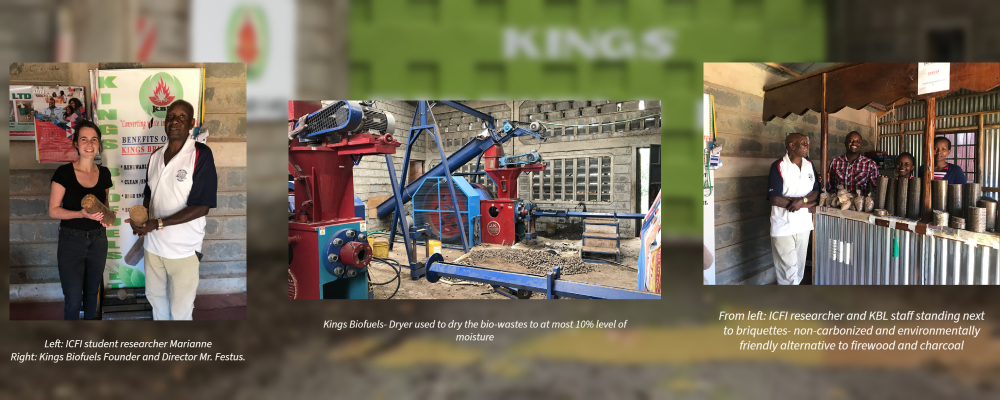
Methodologies
The study adopts a qualitative, inductive approach. Quantitative data may also be collected where relevant. Data on the inventor/innovator and the enterprise is collected through multiple structured and open-ended interviews and participant observation to understand their motivations, attitudes, routines, decisions, etc. I.e., problem-solving mechanisms through technological/business model innovation.
The data would enable the examination of differences in how different inventors/innovators approach and solve local problems. In addition, semi-structured interviews are being conducted with the collaborators, financiers (if any), actors in the value chain related to the ‘frugal’ product, and households that have adopted the technology. Participatory observation of household use of the product, and of the market are also being conducted.
Impact
The project will generate evidence for policy and practice on small enterprises that engage in technological frugal innovation in Kenya, specifically, the opportunities for growth and business development, the challenges of operating in the current ecosystem, the gaps in the policy and regulatory environment and in raising business financing. The project also aims to create a small community of practice for these entrepreneurs to exchange knowledge and opportunities.
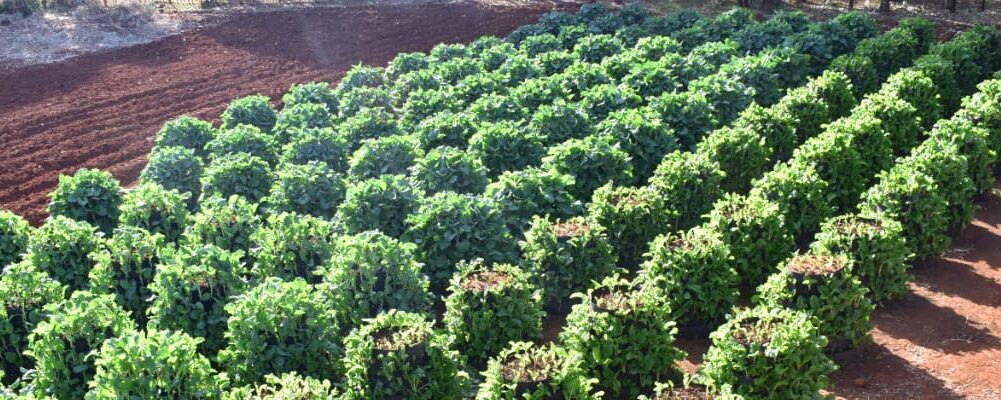
Project Outputs
See More Projects
Physical Address
No. MK088, Ushindi West Avenue,
Mukuyu Rd (Mukuyu West Wing), Thome 1
Nairobi, Kenya
Organization
Subscribe for newsletter & get news, events and publications updates
Contact Us
Office Tel: (+254) 20 8009928 |
Mobile: (+254) 706 324 467
© 2026 Nuvoni Research

